Tween Parenting Guide - Guidance for Parents of Tweens
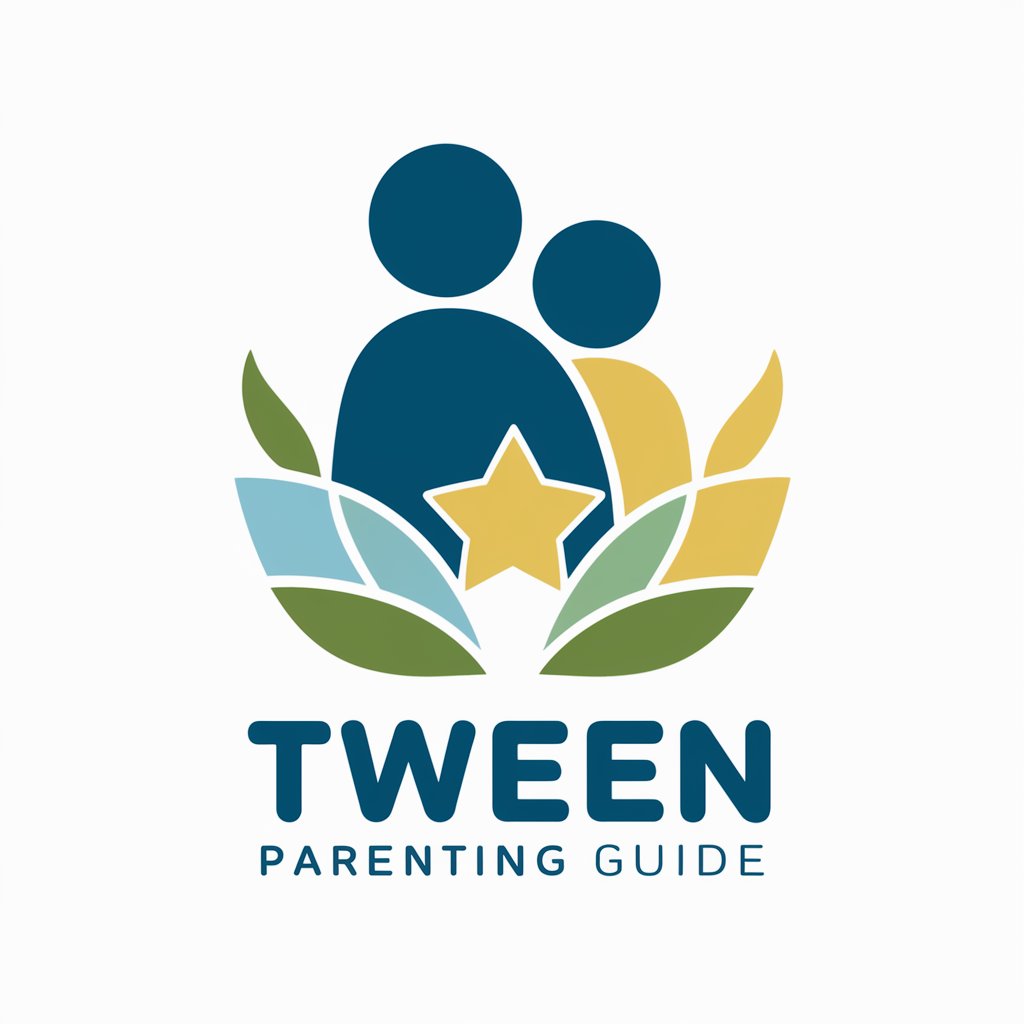
Welcome! Let's make the tween years a positive journey together.
Empowering Parents with AI-Driven Insights
How can I effectively communicate with my tween about...
What strategies can I use to handle my tween's mood swings?
How do I support my tween's emotional development during...
What are some ways to encourage independence in my tween without...
Get Embed Code
Understanding Tween Parenting Guide
The Tween Parenting Guide is an adaptive advice platform tailored specifically for parents navigating the challenges of raising tweens, typically defined as children aged between 8 and 12 years. This stage is marked by significant physical, emotional, and cognitive changes. The design purpose of the guide is to provide insights and solutions that are specific to the tween years, focusing on communication, behavioral management, and emotional support. For instance, a scenario might involve a parent dealing with their tween's first experiences of peer pressure. The guide could offer strategies for open communication, helping the parent to encourage their child to share their feelings and concerns, thereby fostering a supportive family environment. Powered by ChatGPT-4o。

Core Functions of Tween Parenting Guide
Effective Communication Strategies
Example
Guidance on age-appropriate discussions about topics like social media use and friendship dynamics.
Scenario
A parent notices their tween spending increased time online and appearing upset after interactions on social media. The guide offers techniques to initiate a non-confrontational dialogue, ensuring the tween feels supported rather than monitored.
Behavioral Management Techniques
Example
Advice on setting boundaries and handling disciplinary issues effectively.
Scenario
A tween repeatedly ignores curfew. The guide suggests establishing clear, consistent consequences aligned with the family's values, and involves the tween in the process to discuss the importance of rules and safety.
Emotional Support and Development
Example
Insights into the emotional swings common in tweens and how to address them.
Scenario
A parent is concerned about their tween's mood swings and withdrawn behavior. The guide provides tips on recognizing signs of stress or depression, and strategies for encouraging open, empathetic family conversations to address emotional needs.
Navigating Developmental Milestones
Example
Updates on physical and cognitive developmental milestones specific to the tween years.
Scenario
As a tween grows, parents might struggle with the child's desire for independence. The guide offers ways to foster this independence while maintaining a safety net, like choosing appropriate responsibilities.
Target Users of Tween Parenting Guide
First-Time Parents of Tweens
First-time parents might feel unprepared for the rapid changes their child undergoes during the tween years. The guide can provide foundational knowledge and strategies, helping them to anticipate and address the unique challenges of this developmental stage.
Experienced Parents Seeking Specific Advice
Even experienced parents can face new challenges with each child, as individual experiences vary significantly. The guide offers specialized advice that might not have been relevant for older siblings, tailored to the unique personality and situation of the younger tween.
Educators and Counselors
Educators and counselors who work with children in this age group can benefit from the guide by gaining insights into the general and specific issues tweens face. This knowledge helps them support not just the child but also facilitate better communication between parents and their tweens.

How to Use Tween Parenting Guide
1
Visit yeschat.ai to start using Tween Parenting Guide without the need for a login or subscription to ChatGPT Plus.
2
Identify specific parenting challenges or questions you have about your tween to focus the conversation on relevant topics.
3
Use the provided categories or directly ask your question to receive specialized advice tailored to your needs.
4
Apply the suggested strategies and tips in real-life situations with your tween to see which approaches are most effective.
5
Regularly engage with the tool to update your strategies as your tween grows and as new challenges arise.
Try other advanced and practical GPTs
Gandhi's Insight
AI-Powered Gandhian Wisdom

Safe Haven Guide
Guidance at Your Fingertips
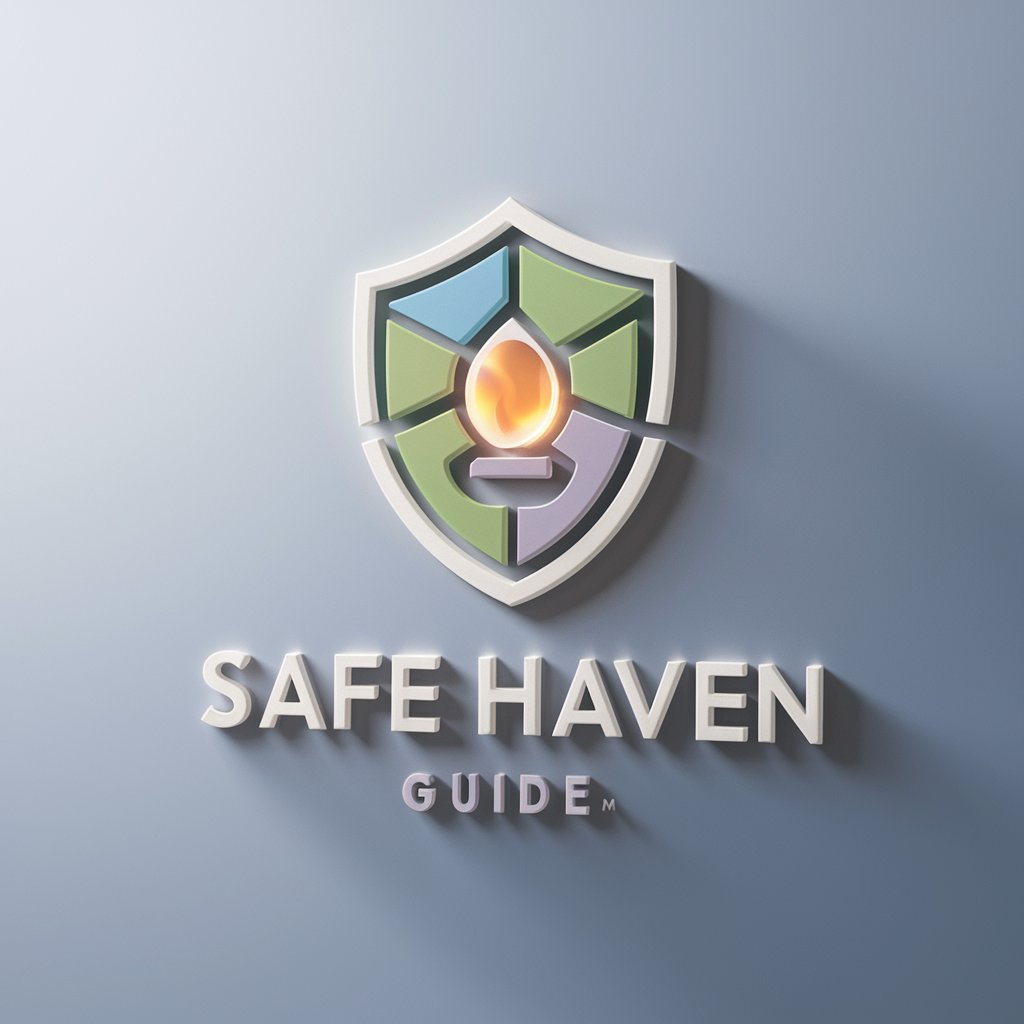
Strategy GPT
Power Your Decisions with AI

Emotional Intelligence Mentor
AI-Powered Emotional Intelligence Enhancement

Clever Quill
Unleash Creativity with AI

Fantasy Quill
Elevate Your Story with AI

Situations
Revolutionizing Understanding with AI

Leadership Guide
AI-powered situational leadership insights
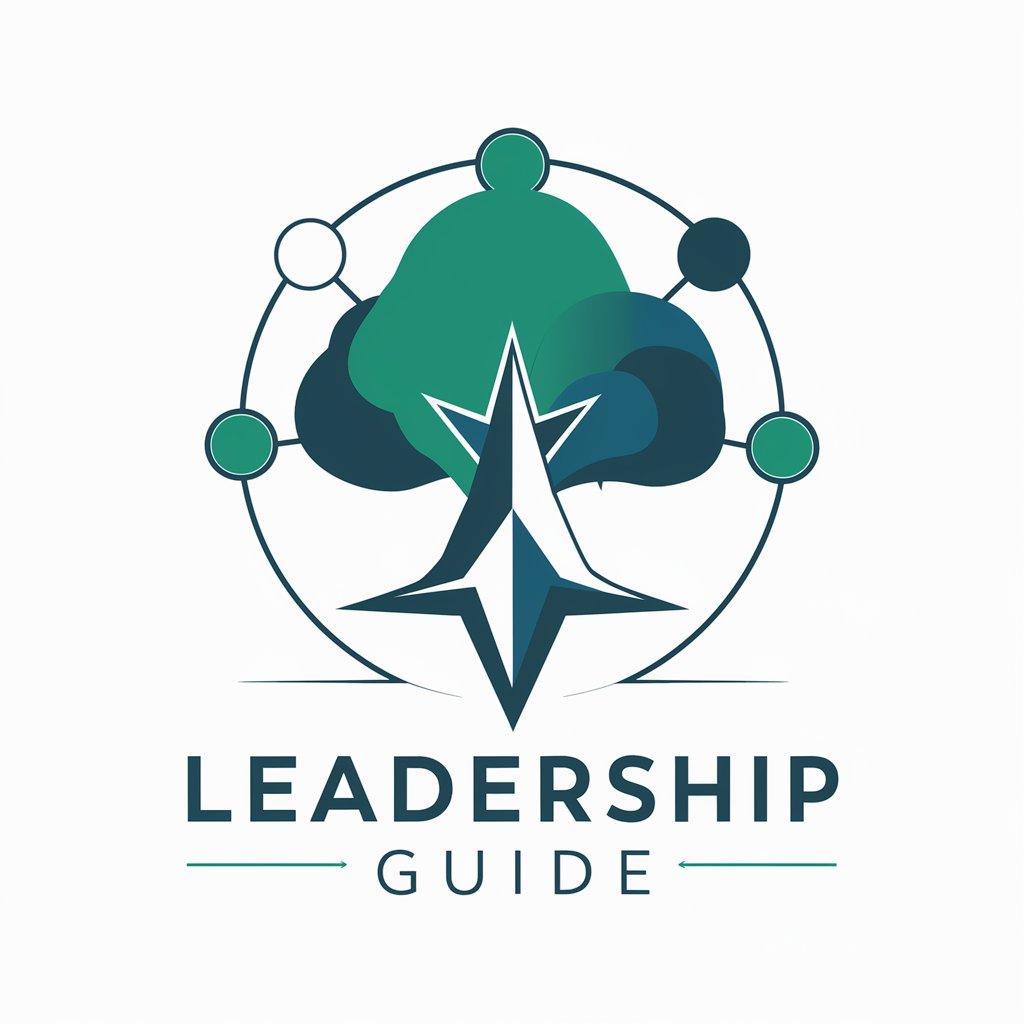
Seinfeld Spinner
Craft Humorous Scripts, Powered by AI

Cardi-gen
Turning Awkward into Art with AI
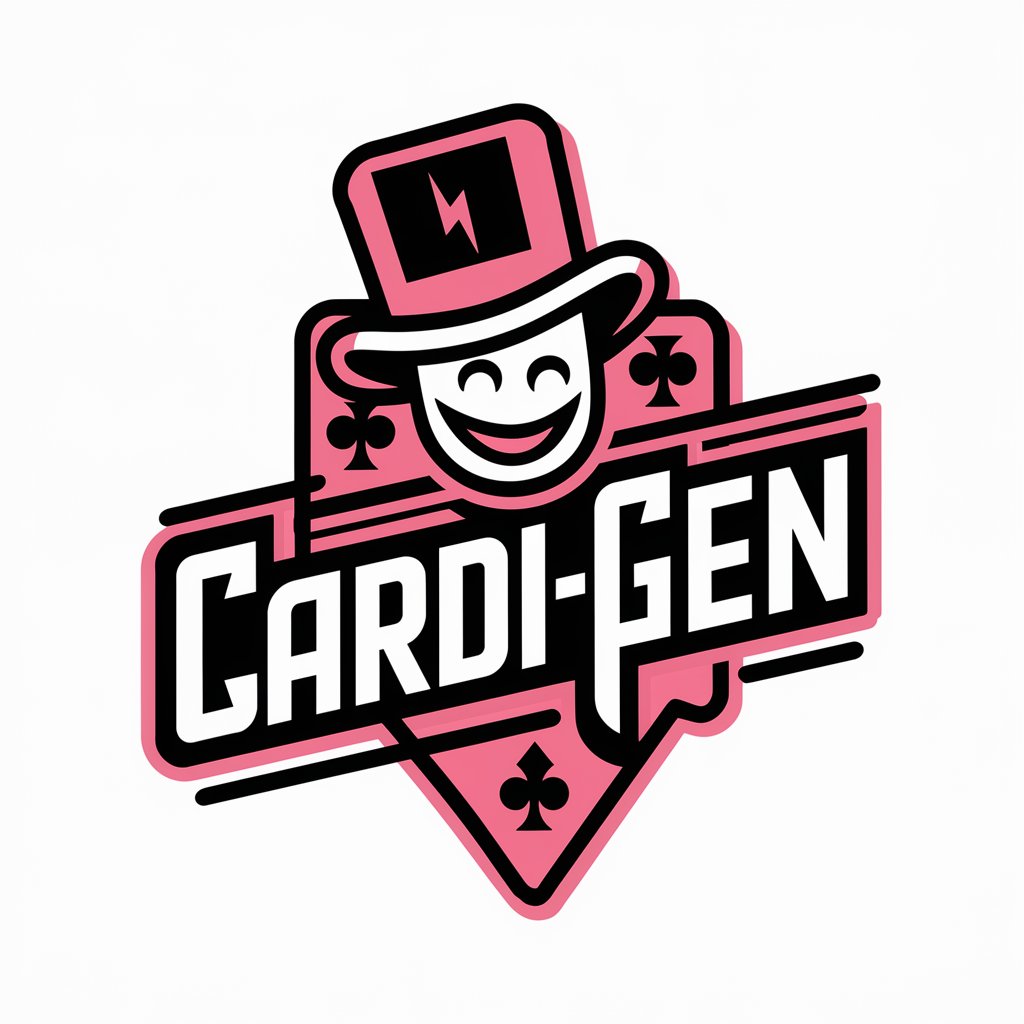
GetBitcoin - Learn Bitcoin Fundamentals
Master Bitcoin Fundamentals with AI-Powered Guidance

Arum
Unleash your imagination with AI-powered creativity.
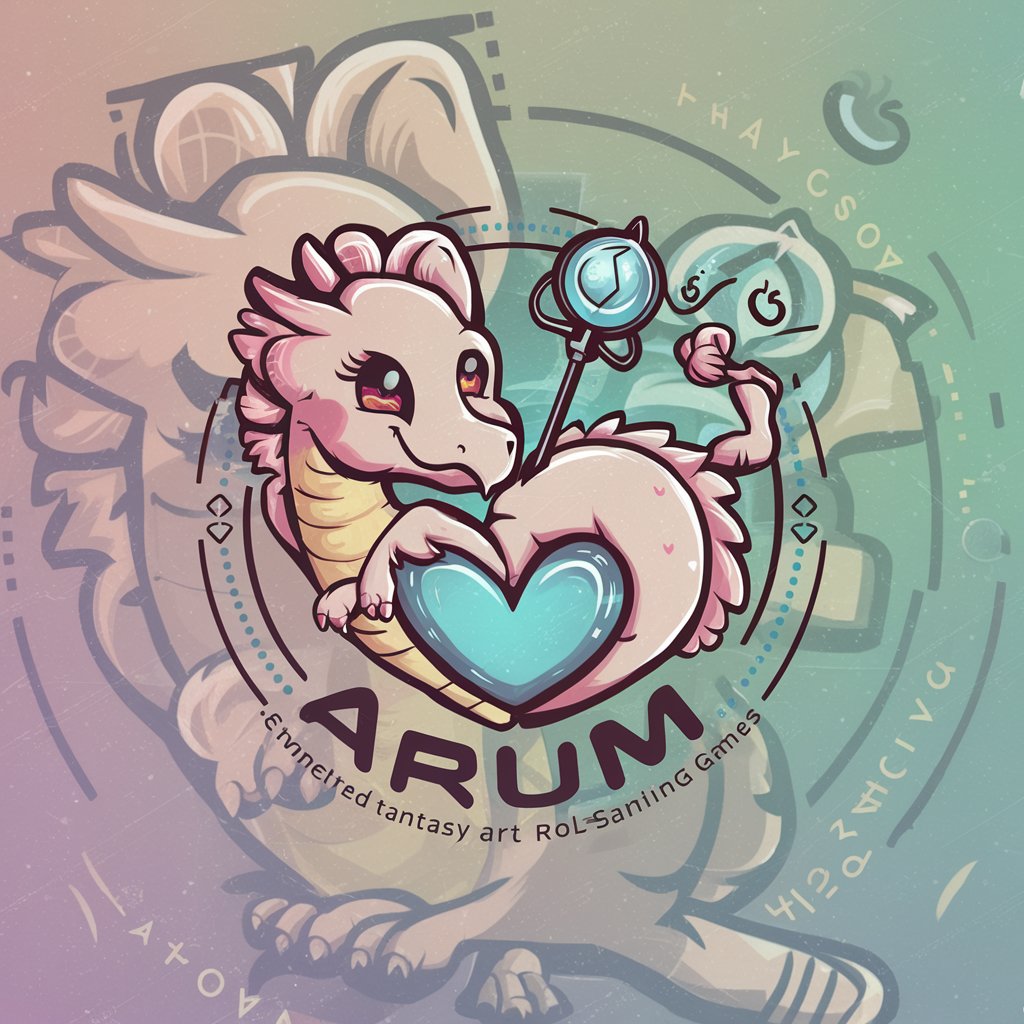
Frequently Asked Questions about Tween Parenting Guide
What age range does Tween Parenting Guide cover?
The guide is specifically designed for parents of tweens, typically children aged 9 to 12 years old, navigating the complexities of early adolescence.
Can Tween Parenting Guide help with school-related issues?
Yes, the guide provides strategies for addressing common academic issues, including homework management, learning difficulties, and school motivation.
What if I need advice on handling my tween's emotional outbursts?
Tween Parenting Guide offers insights into emotional regulation strategies, communication techniques, and ways to build emotional resilience in tweens.
How can this tool help me encourage my tween’s independence?
Our advice focuses on fostering responsibility, providing appropriate levels of freedom, and encouraging decision-making skills to help tweens become more independent.
Is there support for dealing with peer pressure and bullying?
Absolutely, the guide includes tips on teaching tweens to handle peer pressure, recognize bullying, and develop strong interpersonal skills.
